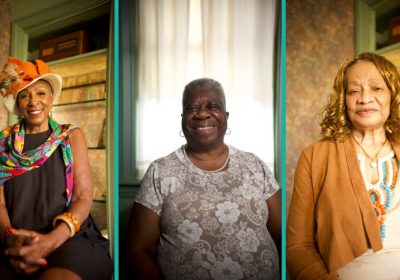Throughout the year, PA Humanities will feature select PA SHARP grantees and their on-the-ground humanities work. Ebenezer Maxwell Mansion says they are Philadelphia’s only authentically-restored Victorian house museum, and a large part of their programming spotlights important, and often little-known, 19th-century Black history.
By Karen Price
When you think of what’s contained within a Victorian house museum, a collection of largely unknown Black history probably wouldn’t be the first thing to come to mind.
But Ebenezer Maxwell Mansion, located in the Germantown neighborhood of Philadelphia, isn’t your typical Victorian house museum. Although the house itself doesn’t have a direct link to Black history, the museum’s commitment to serving its predominantly Black neighbors has created a space to share the stories of prominent African Americans of the 19th century.
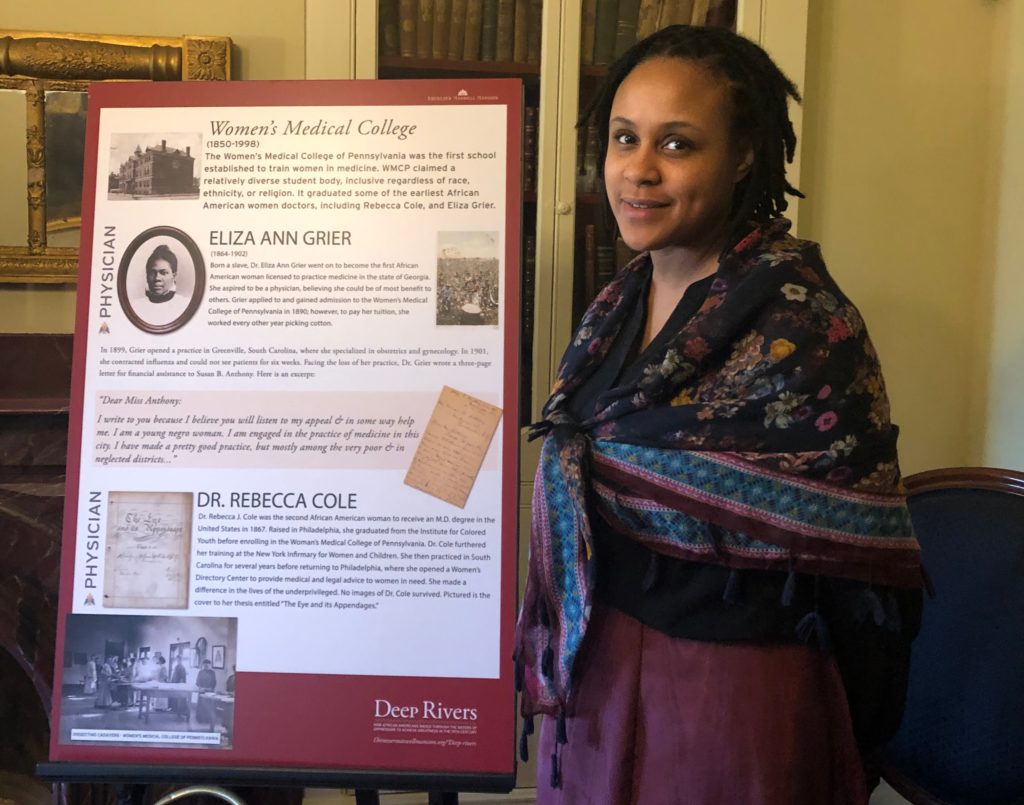
PA Humanities recently awarded Ebenezer Maxwell Mansion a PA SHARP – Sustaining the Humanities through the American Rescue Plan – grant to help with general operating costs as the organization continues to recover from the challenges of the pandemic.
One of the museum’s docent-led tours is entitled Deep Rivers, and it shares the history of Francis Johnson, John S. Trower, Eliza Grier, Henry Ossawa Tanner, Julian Abele, Octavius Catto, Elizabeth Keckley, and other Black entrepreneurs, intellectuals and artisans who “waded through the waters of oppression to achieve greatness.”
The tour takes place throughout the house, with different historical figures spotlighted in rooms that have some relation to their backgrounds. In the kitchen, for instance, they discuss Abby Fisher, a former slave who was the one of the first African Americans to write a cookbook in the 19th century despite not being able to read or write herself. At the end of the tour, guests receive a ginger cookie made using her recipe.
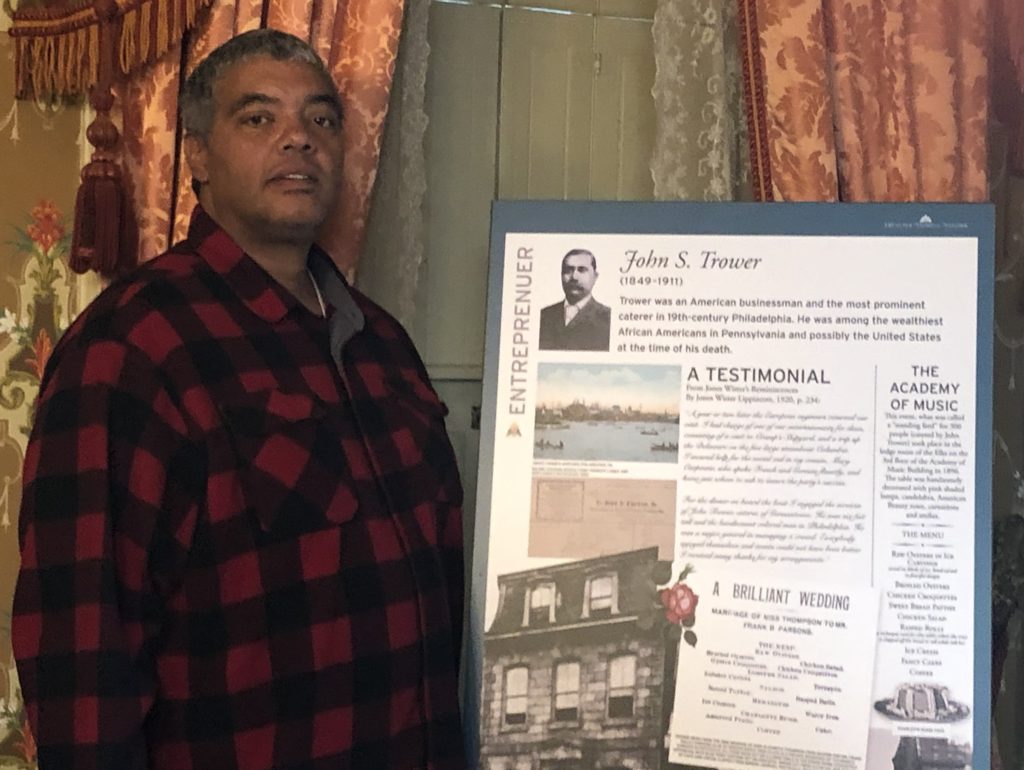
Another person spotlighted on the tour is John S. Trower, whom they discuss in the dining room.
“He was a caterer and the most important caterer in Philadelphia at the time, more successful than any white caterer,” museum executive director Diane Richardson said. “Booker T. Washington listed him as being one of the most successful businessmen in America at the time.”
Despite Trower living in Germantown and being worth an estimated $1 million at the time of his death in 1911, which would have made him one of the wealthiest African Americans in the state if not the country, Richardson said neither she nor members of the Black History Advisory Board at the museum knew much about him before they began research for the tour.
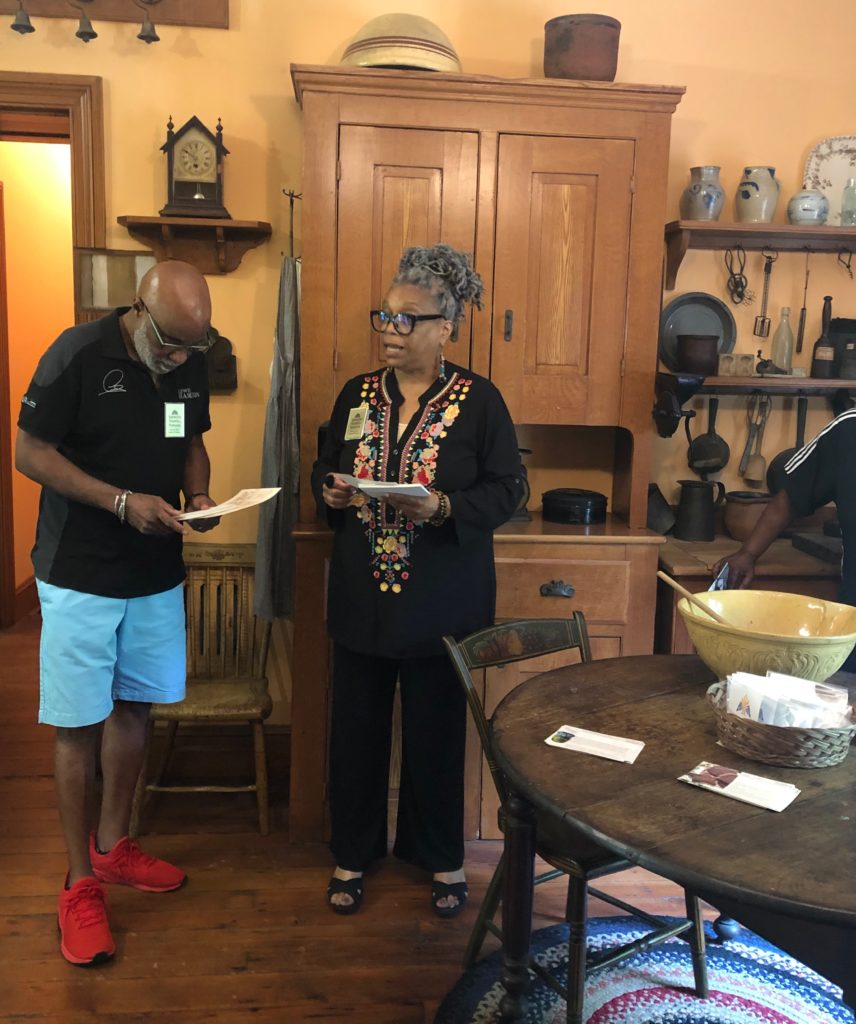
The Deep Rivers tour opened March 5, 2020, and descendants of Trower came from Kentucky and New York City, Richardson said. While the program had to go virtual almost immediately after its opening because of the COVID-19 pandemic, they have recently returned to offering in-person tours. Neighbors within the two immediate zip codes of the house get free admission, as well as other offerings throughout the year including Coffee for Neighbors, special Saturday morning events where community members can enjoy free coffee, tea, pastries and other refreshments while relaxing in the restored garden.
Ebenezer Maxwell Mansion also recently hosted two one-act plays written and directed by Sha’von Smith, a member of their Black History Advisory Board, and they plan to bring both to at least one area school. One is entitled “Tea With Frederick Douglass” and the second, “A Life in Three Dresses,” tells the story of Elizabeth Keckley, who was born into slavery but became the dressmaker and confidante of Mary Todd Lincoln.
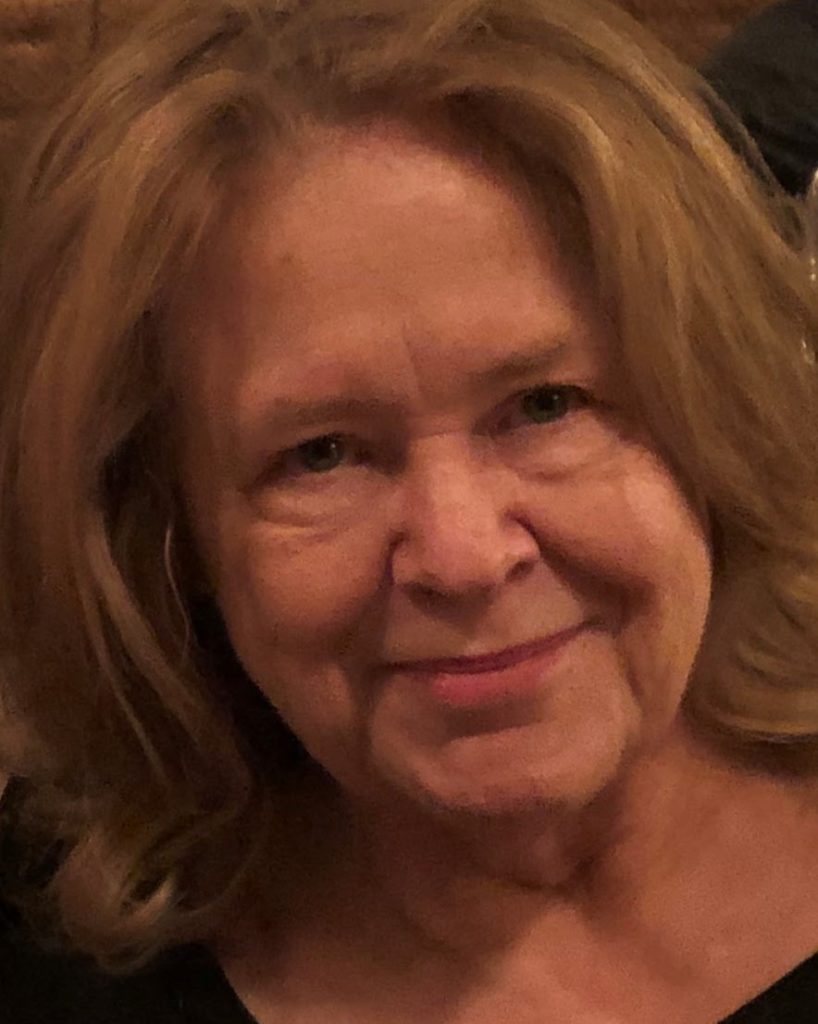
Over the next six months, local artist-in-residence Linda Sanders will paint a mural at the house drawing inspiration from the Deep Rivers tour. The mural, which is set to open in September 2022, will be on display on the upper floor of the house in a space which has previously not been open to the public.
“I feel like we’re doing such important work now,” Richardson said. “Not that we weren’t before, but this is just so relevant. And (the museum) has become a bit of a stopping off point for our neighbors.”

Funding for PA SHARP comes from PA Humanities’ federal partner, the National Endowment for the Humanities (NEH), as part of the American Rescue Plan Act of 2021. Additional funding comes from Spring Point Partners to support 16 organizations that serve Philadelphia’s BIPOC and new immigrant communities.

![[color – dark bg] PA SHARP FINAL FILES DB 72dpi [color - dark bg] PA SHARP FINAL FILES DB 72dpi](https://pahumanities.org/uploads/files/elementor/thumbs/color-dark-bg-PA-SHARP-FINAL-FILES-DB-72dpi-phgl7aimtfdpzt2rscvl43ksfv3asbbls19lsvuacw.jpg)


